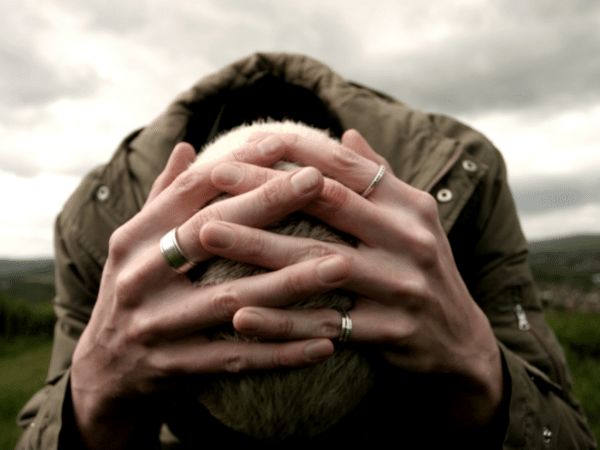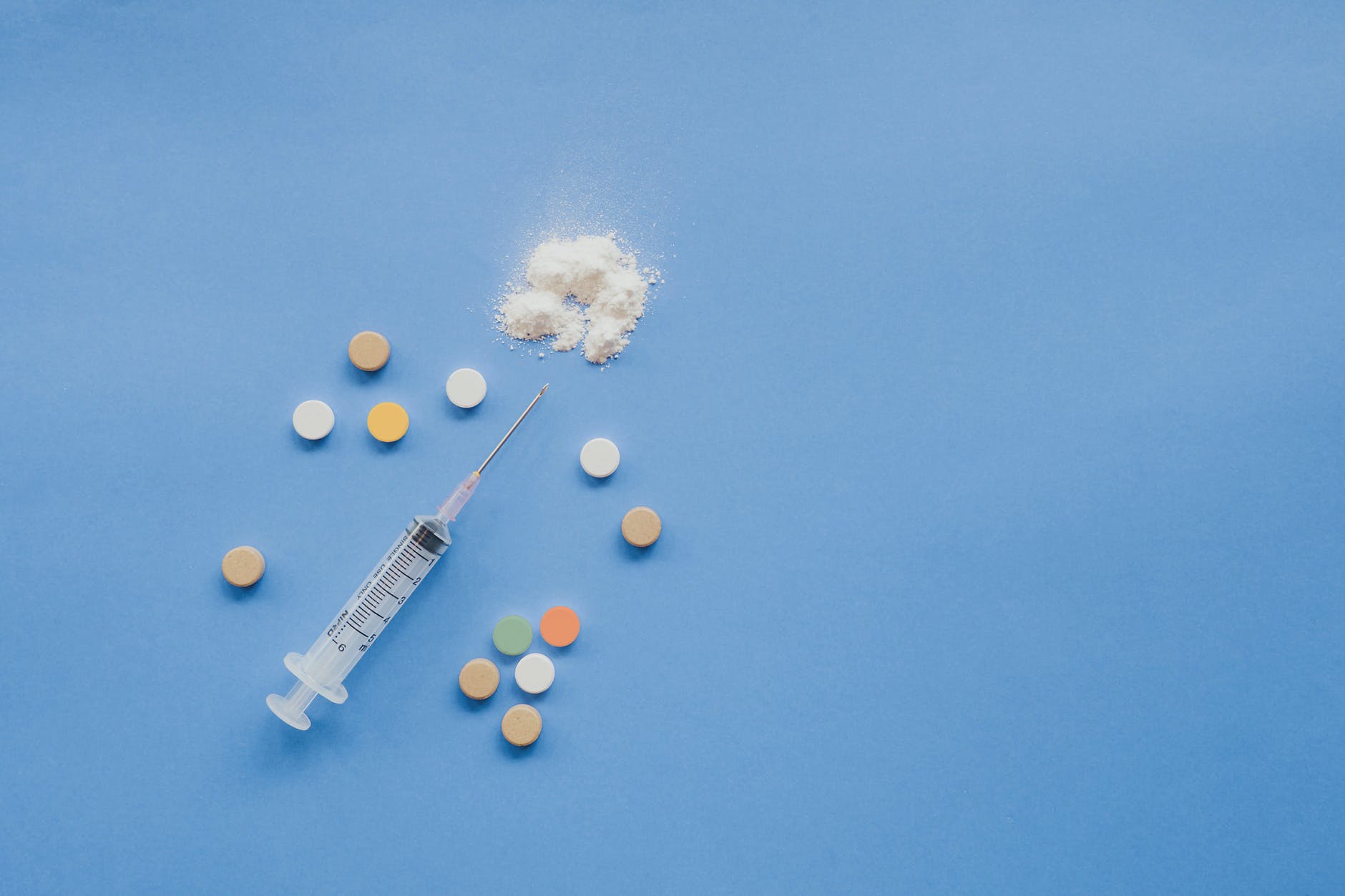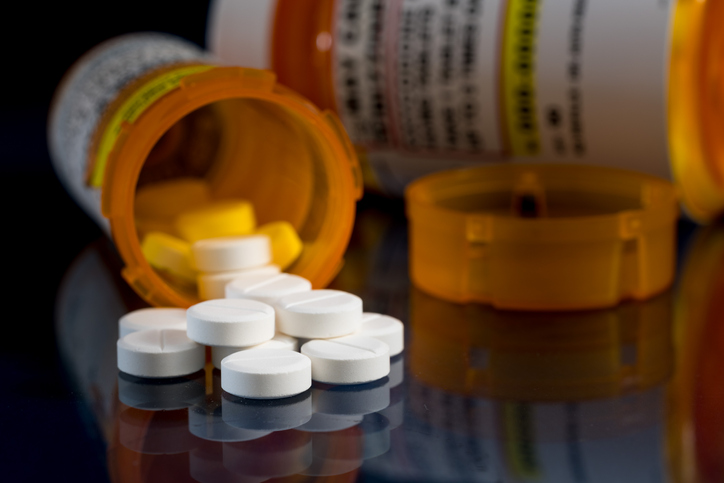Drug addiction is both a personal and social battle since it doesn’t just disrupt the individual’s life but also affects the patient’s loved ones and the community in general. Almost 21 million Americans have at least one addiction, yet only 10% of them receive treatment.
For many patients, addiction is a personal demon that they have been battling for a long time. For the most part, they’re often in denial that they had a problem until their families or loved ones had to step in. But while getting treatment and rehab is a massive first step, the sad reality is that relapse and recovery in addictions are more common than we think. Some patients even relapse as quickly as after receiving their first treatments and begin to display addict relapse symptoms.
What is relapse in addiction?
Relapse is when a person in recovery returns to using drugs, alcohol, or other addictive behaviors. It’s going back to unhealthy behaviors, which eventually bring about addictive patterns.
But just because you or your loved ones suffered a relapse doesn’t mean your treatment was a failure. If anything, it’s proof that you stood up to your demons. And if you succeeded before, then you can surely succeed again.

First Treatment and Relapse
Here’s a general story of what people usually go through when they experience a relapse after their first addiction treatment.
“I have always thought that I’ve hidden my addiction from my family rather well. However, my limited and clouded perspective couldn’t show me how my addiction had disrupted my brain and behavior, with the effects rippling to my family and friends.
After accepting the fact that I have a problem, I agreed to have my first treatment. It was difficult, as expected. Part of the recovery was fighting my addiction relapse triggers. Another aspect of the recovery was using medication to achieve detoxification. However, detoxification alone is not enough and is different from treatment. It’s also important to note that not all types of drug addictions have available medications to detoxify.
I relapsed after my first treatment. And because of that, I began to wonder if all the effort I’ve given to fight addiction was worth it. I’ve also asked during that time if getting treated is worth it since it seems to me that I’ll just keep going back to square one.”
Does this sound familiar? The first thing you should know is that you’re not alone. There’s always help if you can find the strength and courage to seek it.
Do All Addicts Relapse?
It is typical for addicts to relapse during recovery. Some at least once, while some relapse multiple times before they reach sobriety. Relapse can be compared to chronic medical illnesses since the relapse rates in addiction programs and chronic diseases are almost the same.

Relapse in addiction is often seen as a regular part of recovery, but it’s not unpreventable. Going into relapse only means that you have to consult with your healthcare practitioner to continue your treatment, have it modified, or try a different approach.
Does Relapse Mean Treatment Has Failed?
No. Relapse is expected when you’re in recovery, especially when you experience addict relapse triggers. Addiction is a type of chronic disease, and the treatment of chronic diseases requires changing ingrained behaviors. That’s why more recent treatments are formulated to help in preventing relapse.
Accepting relapse as part of recovery helps you realize that getting treatment was worth it in the first place. Although it can be frustrating to fall off the wagon and suffer from addict relapse symptoms, understanding that it’s all part of the journey helps you continue on the path to recovery.
Getting the exact relapse rates in addiction programs can be challenging; according to a study, treatment programs vary around the country. Also, there is no single definition of treatment, and there is no standard terminology to describe different dimensions and elements of treatment. Although a study from the Journal of American Medical Association states that relapse rates in addiction programs are 40-60%, there is variance in relapse rates according to the drug of choice, co-occurring and process disorders, and stage of the disease.
What Commonly Triggers an Addiction Relapse?
Knowing your addiction relapse triggers is the first step in preventing relapse. Triggers may be different for every person. Some of the most common ones are stress, persons or places linked to your addictive behavior, strong negative emotions, and reminders of your addiction like getting a whiff of a drink.
Watching out for addict relapse symptoms can also help you in identifying your triggers. That’s because your symptoms of relapsing usually occur right after you encounter your triggers.
How a Community of Recovering Addicts Can Bring You Comfort
What is relapse in addiction is that, though you can prevent it, it can happen to anyone. That’s why having a support system of people who understand what you are going through is essential. And that’s what a community of recovering addicts gives you.

Making recovering addicts feel that they are in a safe and supportive environment is an important part of treatment. It’s also needed in continuing sobriety in the long term. Being in a community of recovering addicts can be beneficial since they have encountered most struggles that those who are starting their recovery journey may experience. They can also guide and encourage since they know almost everything about relapse and recovery in addictions.
How Do I Recover From an Addiction Relapse?
First, we need to understand that relapse in addiction commonly happens and doesn’t automatically translate to failure. Knowing how to deal with relapse is a way to prevent it from happening again. Once you’ve fallen into a relapse, it’s imperative to take action as soon as possible.
Seek help from a healthcare provider since they know all about relapse and recovery in addictions. You can also ask for support from your family and loved ones. You can also attend self-help groups and get help from people who have experienced what you are going through now.
Another way is to avoid triggers and set healthy boundaries. Avoid contact with anything that might remind you of your addiction, especially people who may trigger or pressure you to go back to your addiction behavior.
Conclusion
People should know that a relapse is a part of the addiction recovery process. It doesn’t mean that the treatment has failed and there is a way to recover from it. After all, being in recovery is a lifetime journey.
If you or your loved one is battling addiction and are looking for an outpatient detox treatment in AZ, Buena Vista Recovery might be what you’re looking for. We have several programs that you can choose from. Our facility is patient-centered and staffed by professionals. That’s why we’re one of the best outpatient treatment specialists in Tucson. Call us now at (480) 999-2998 or get in touch with us through our contact form.





